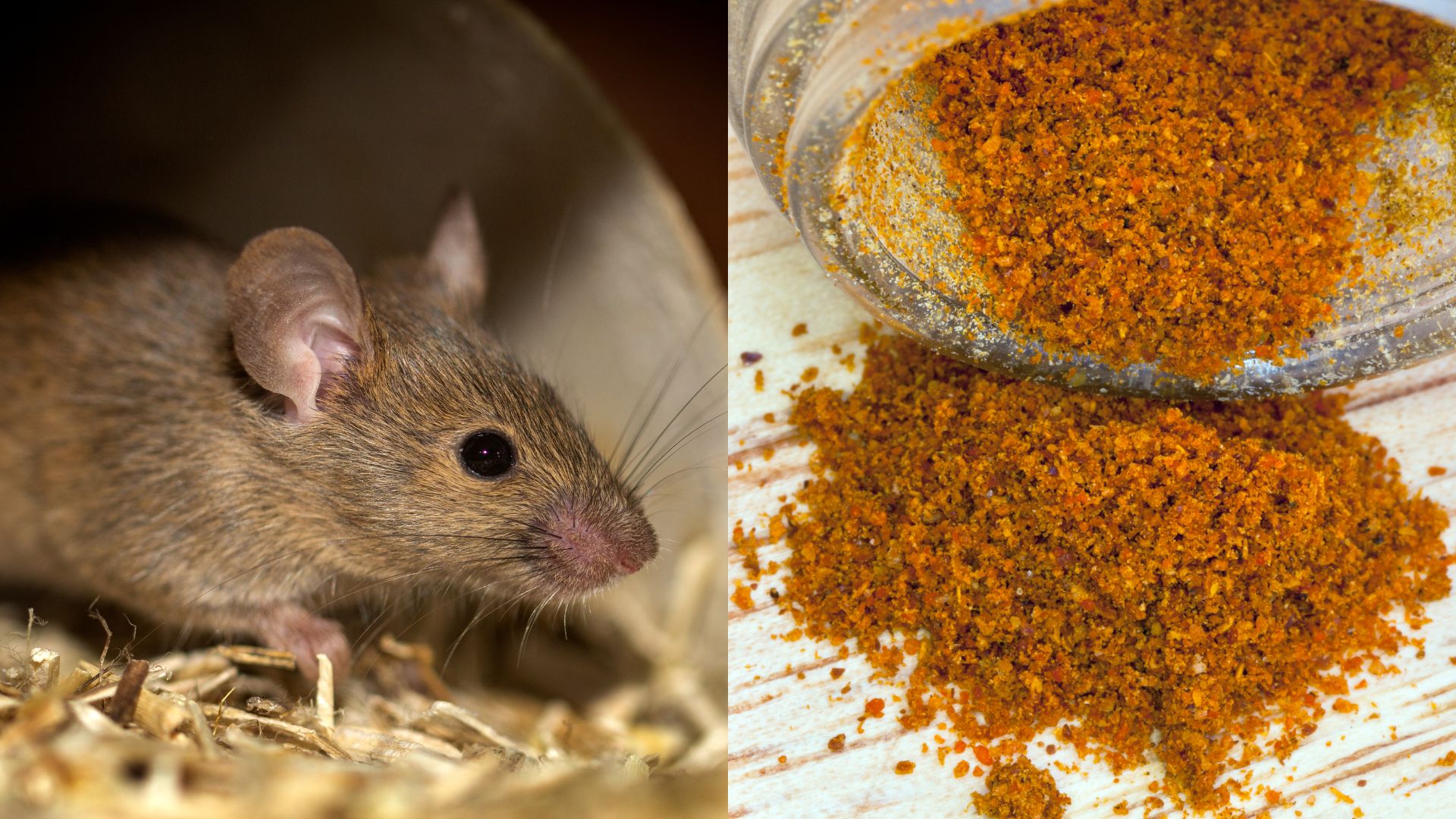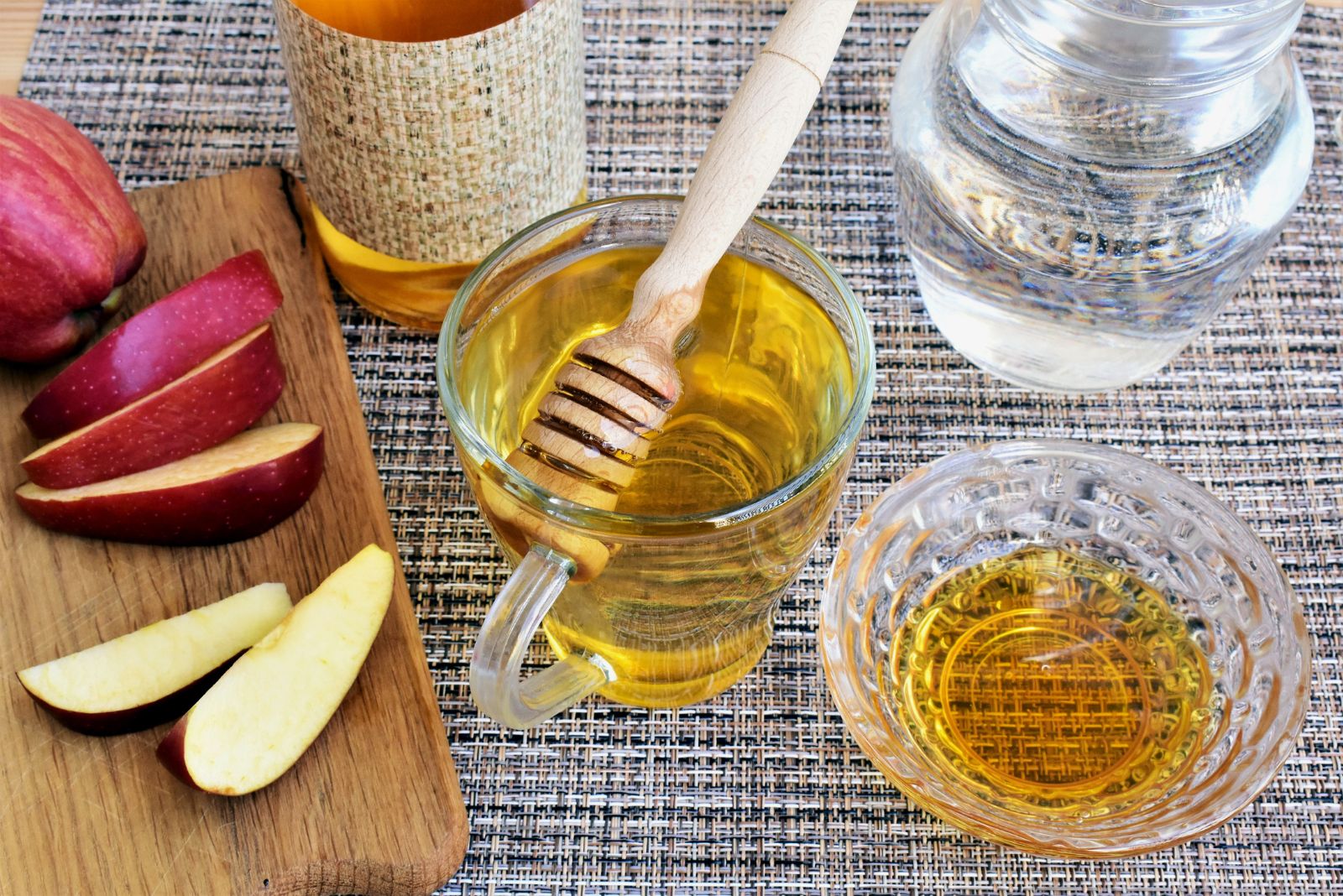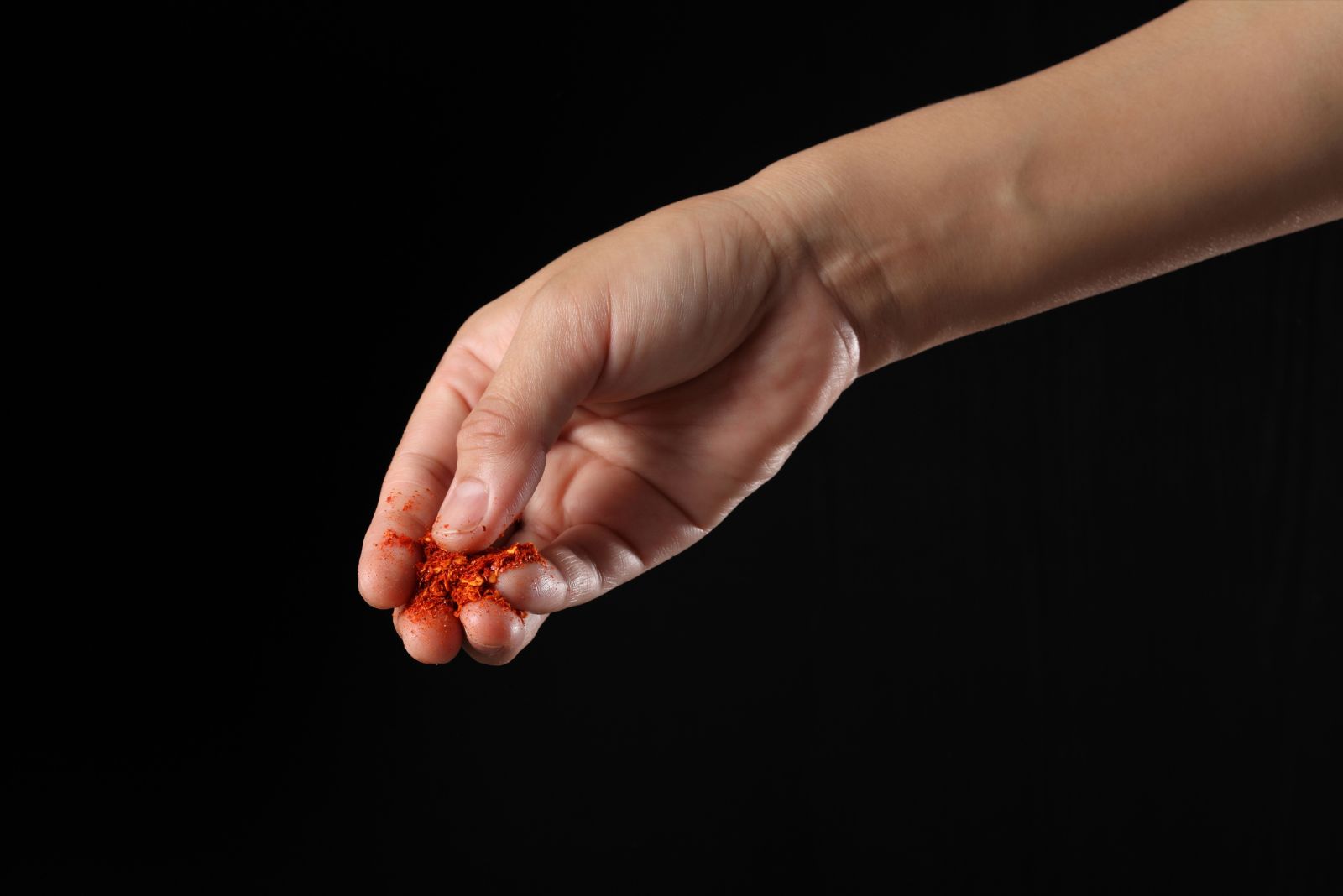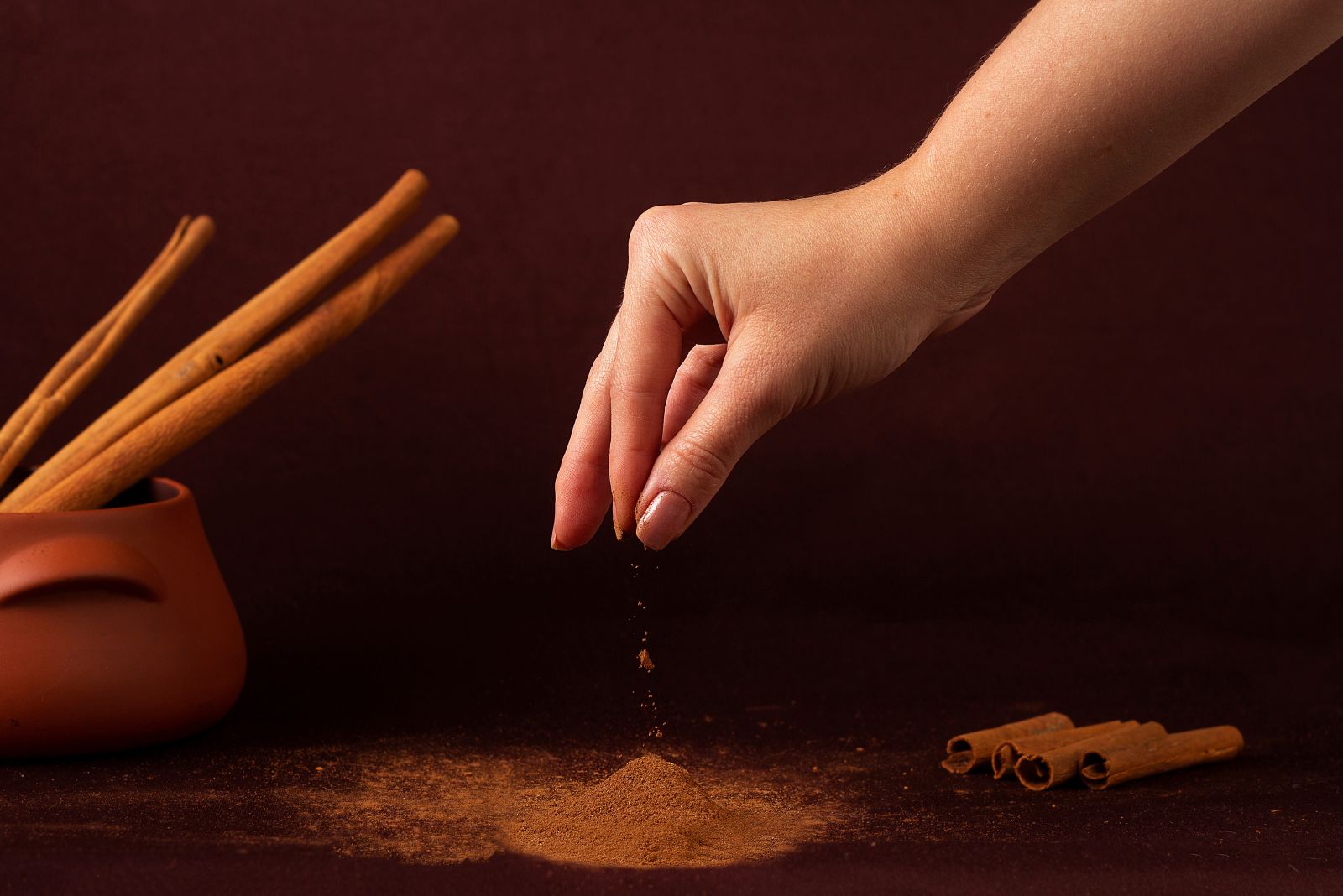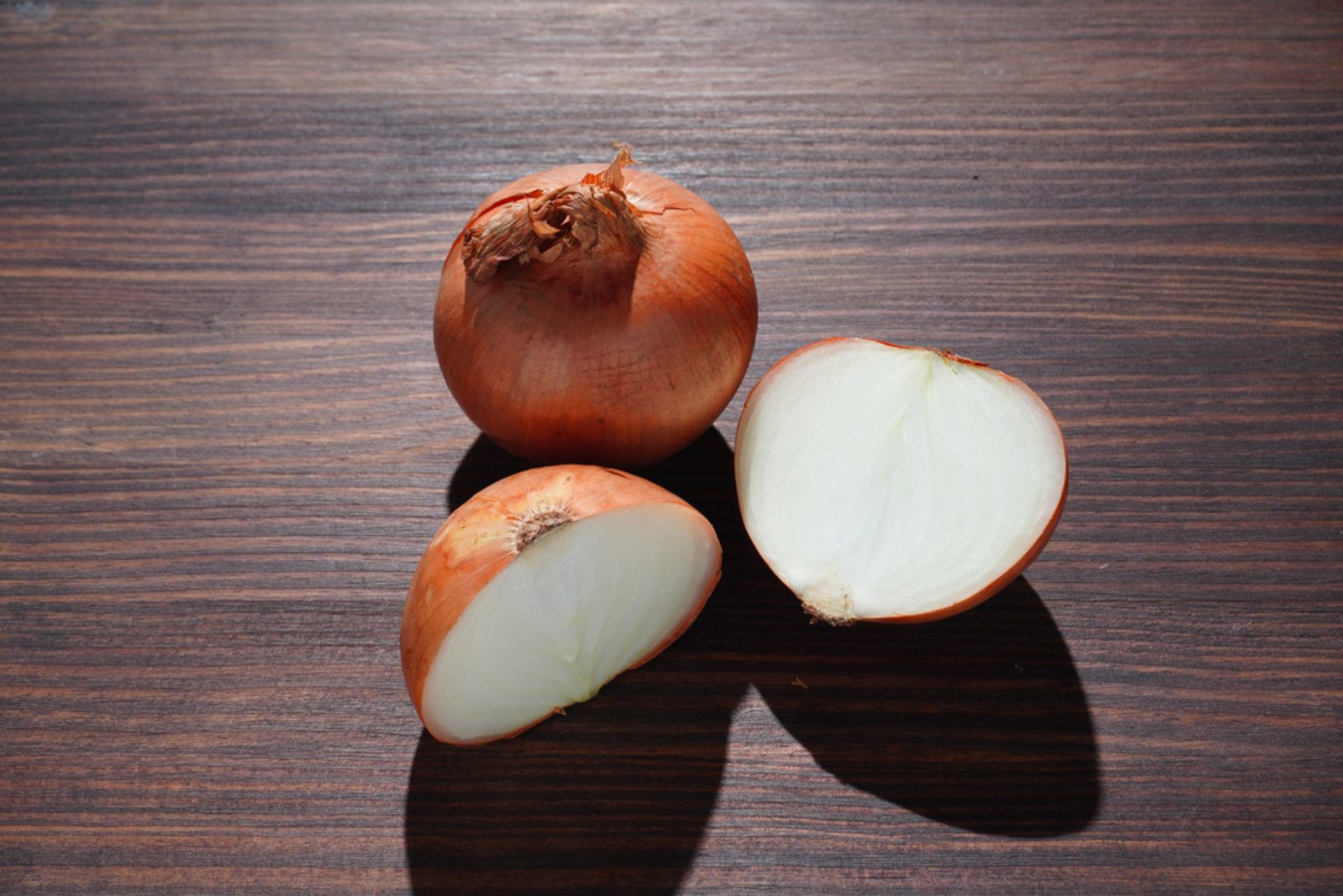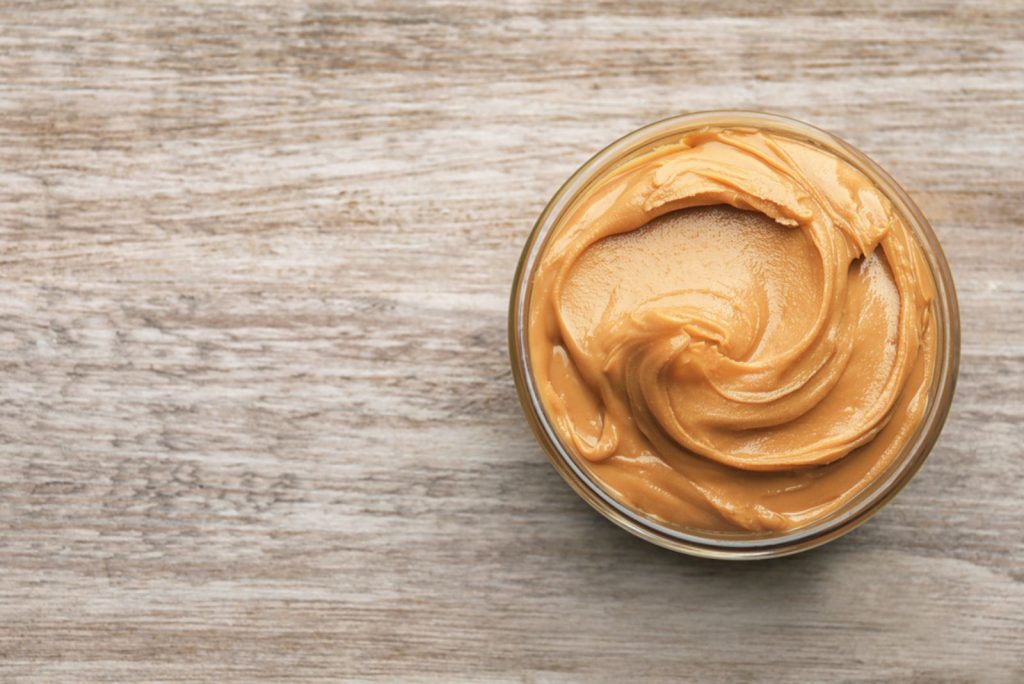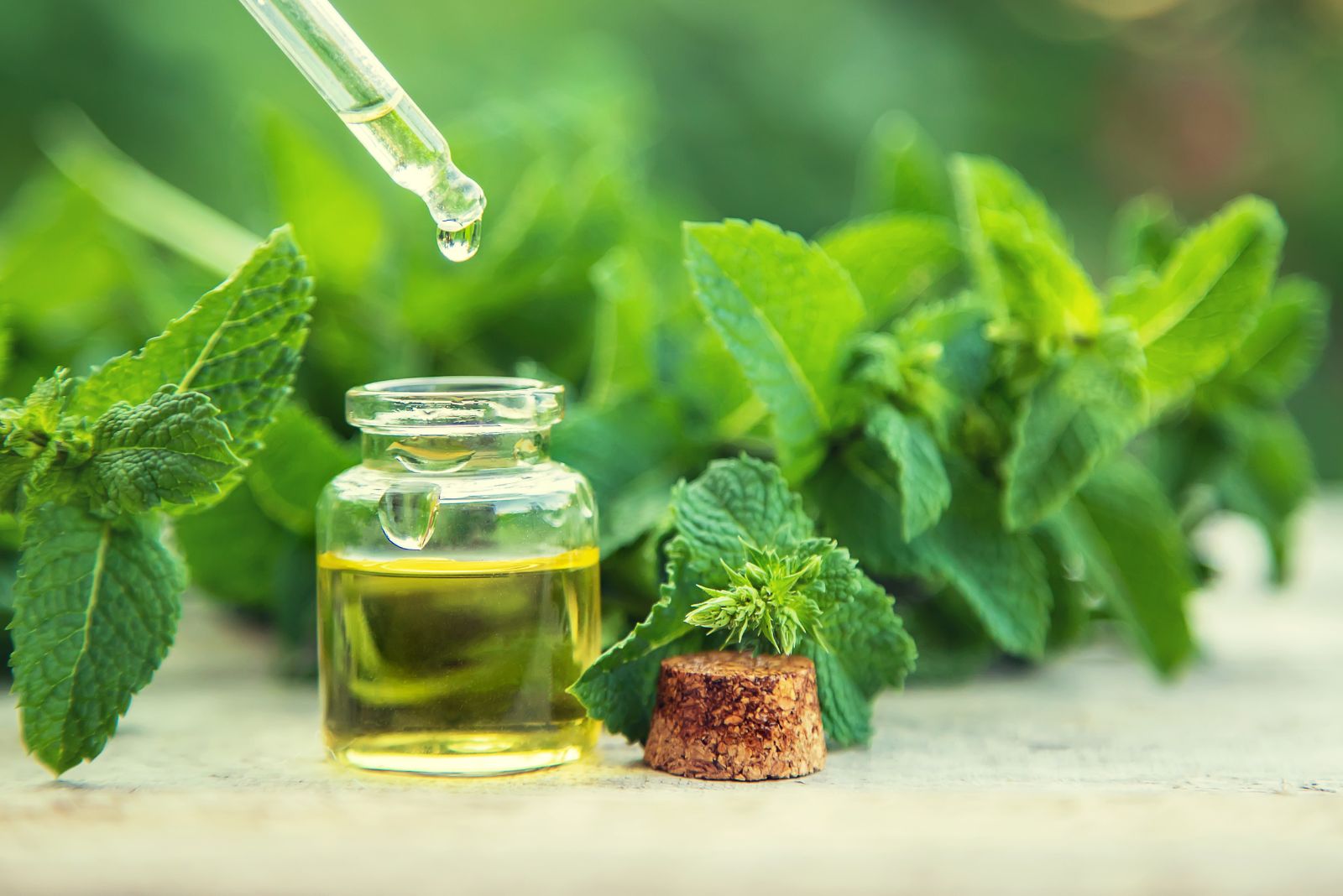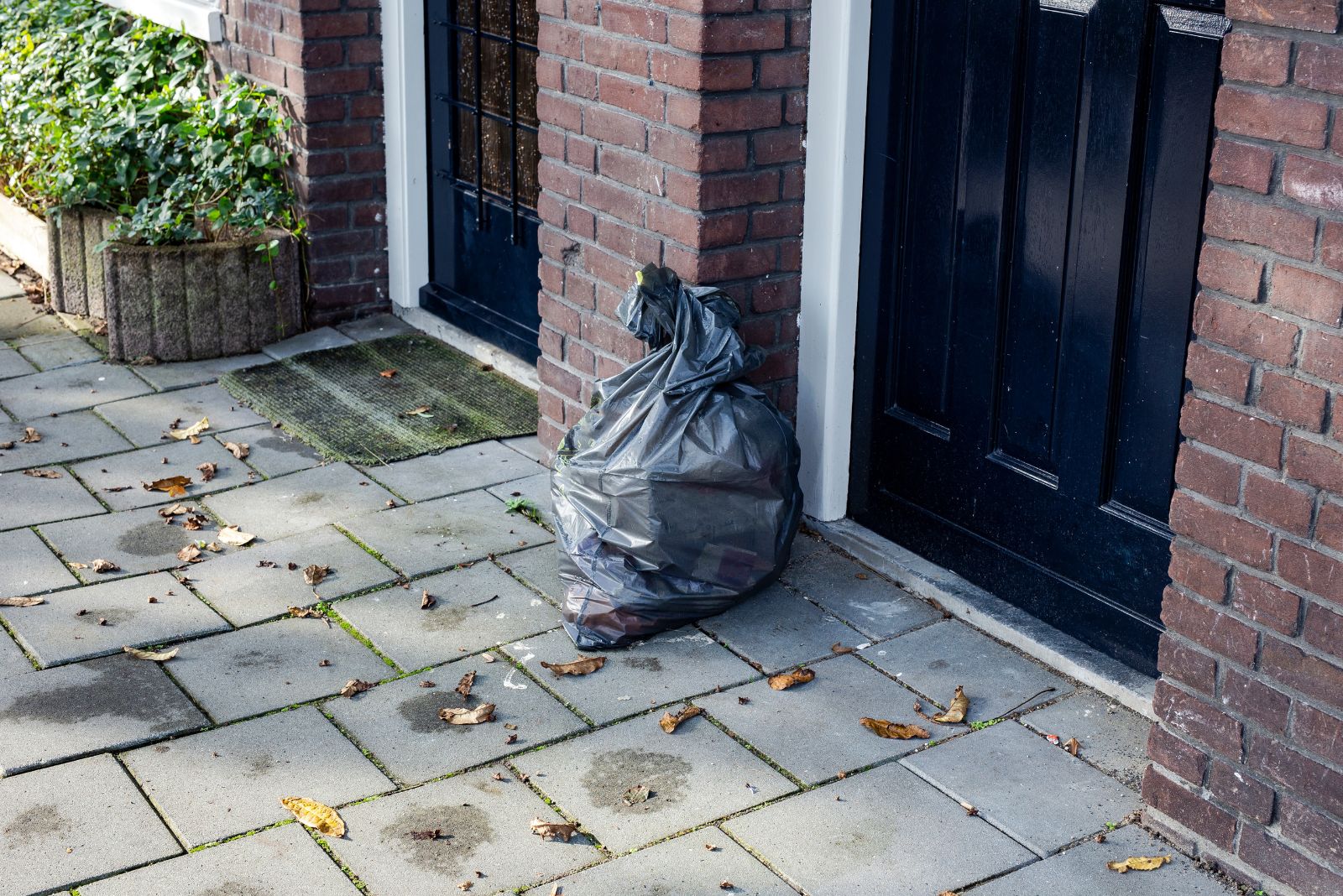I hate mice! Still, I don’t want to live my life killing them if I can help it. And I can!
There are uncommon ways of getting rid of rodents humanely that don’t include poisoning them. I’m talking about using spices, oils, and solutions you already have in your home.
Of course, prevention has always been the best cure. So, keep the mice away from entering your home and you’ll have no issues. I know this sounds like a dream, but I found some things that can actually help.
Let’s get started!
1. Apple Cider Vinegar + Water
Vinegar has a strong smell that will deter mice and make them give your home a wide berth. The more pungent the vinegar, the better the effect. That’s why apple cider or white vinegar are the best choices for repelling rats.
Of course, this may not be the best solution if you already have a mouse infestation. In that case, get a humane mouse trap and start catching them that way.
The vinegar solution is also temporary, so hire professional pest control if you have a huge issue with rodents.
2. Cayenne Pepper
This common household ingredient can irritate little mice noses and send them running. Sprinkle it near all possible rodent entrances – doors, windows, nooks and cracks.
Reapply cayenne pepper often and you may prevent mice from coming in.
I do have to mention that wild rats are famous for their ability to adapt. That means they can even grow to like the taste of cayenne pepper.
Also, mice spend most of their life hiding in walls, basements, attics, and other areas. So, while sprinkling cayenne pepper in your kitchen will repel them from that location, it won’t get rid of them completely.
Warning: Avoid using this method if you have small children or pets. They can ingest cayenne pepper, which can cause irritations and burning sensation.
3. Cinnamon
I love the scent of cinnamon so much that I’m almost sad I don’t have a mice problem right now! Rodents hate the pungent cinnamon (and clove) fragrance. In fact, higher doses can lead to toxicity if ingested. (1)
Stash some cinnamon sticks in your drawers, cabinets, closets, and underneath your furniture. Sprinkle some powder where you notice mice droppings.
But you should know that these methods are only semi-effective. Your best bet is to soak cotton puffs in cinnamon essential oil. Replace the balls every couple of weeks to keep rodents at bay.
4. Onions
Did you know that there are crops that attract mice? Luckily, onions and other alliums are great at deterring them.
They are toxic to rats and can even kill them, so be careful. Raw onions can cause anemia in rats and deprive their blood of oxygen. (2)
The good news is that these animals are smart and will turn away from the onion smell alone. Place half an onion wherever you’ve seen mice droppings.
You can also use alliums to prevent rodents from entering your home. Place them at all possible entrance points. The smell won’t be pleasant, but at least you won’t have to deal with a rat infestation.
Replace onions when they start to decompose and smell worse than they usually do.
Warning: Onions are toxic to pets and can cause nausea, vomiting, and diarrhea. They can even lead to the rupture of red blood cells, so be careful where you put them.
5. Peanut Butter
Don’t mice like eating peanut butter? Yes, they do, which is why this ingredient is perfect for a DIY humane mouse trap.
Add some peanut butter to the bottom of a plastic bottle. Place it on a makeshift seesaw (it could be a pen) and add a little ramp in front of the bottle opening.
A mouse will enter through the top, but won’t be able to get out. The bottle will close against the ramp. Take the mouse out and release it into the wild.
Or you can place peanut butter into a deep bucket and stack some books on the outside. The mouse will be able to climb in, but not out.
Pro tip: Make sure to release the mouse far away from your house so that it doesn’t return.
6. Peppermint Oil
Wouldn’t it be perfect if something could get rid of rodents and make your home smell amazing at the same time? Well, peppermint oil is and isn’t one of those things.
In theory, it drives rats away because they can’t tolerate the smell. Yet, if these rodents find a food source in your home, peppermint oil will not drive them away.
On the other hand, this essential oil could prevent them from coming in. Or at least make them look for food sources elsewhere first.
If you don’t have a rat infestation yet, but are afraid of getting one, try spraying peppermint oil mixture. Dilute 2 teaspoons of peppermint oil in 2 cups of water and spray it over possible rodent entrances.
You can also soak a cotton ball in peppermint oil and place it near cracks that rats might squeeze through.
P.S. Even lavender can ward off rats in some cases. But it can’t get rid of huge infestations, just like peppermint oil.
7. Remove All Food Sources
One of the most common reasons mice enter our homes is that there’s plenty of food – aside from warmth, water, and shelter. So, the logical solution is to remove all food sources.
Of course, this doesn’t mean throwing away all the food you have. You only need to store it in airtight containers, remove it from counters, and reduce the amount of crumbs.
And if you have pets, clean and remove their food bowls after they finish eating. If you’re leaving food for them throughout the day, it’s a good idea to change things up a bit until the mice are gone.
If there’s no food in your home, soon there won’t be any rodents.
8. Work From Outside In
As I already mentioned, prevention is the best cure. Since mice have a keen sense of smell, it is best to hide all food smells spreading from your home.
This includes sealing your trash cans with air-proof lids, string, or cord.
If possible, keep the trash cans far away from your home. Keeping it in your garage or right next to your house will make it easier for rodents to find their way in.
We apply the same logic to bird feeders, unfortunately. They will attract birds, but also mice and other rodents. Place them as far away from your home as possible.
References:
1. Baker, B. P. & Grant, J. A. (2018). Cinnamon & Cinnamon Oil Profile: Active Ingredient Eligible for Minimum Risk Pesticide Use. Cornell Cooperative Extension.
2. How do Onions Kill Rats? Can Onions Be Used to Effectively Kill Rats? (n.d.). Bon Accord Pest Control.

